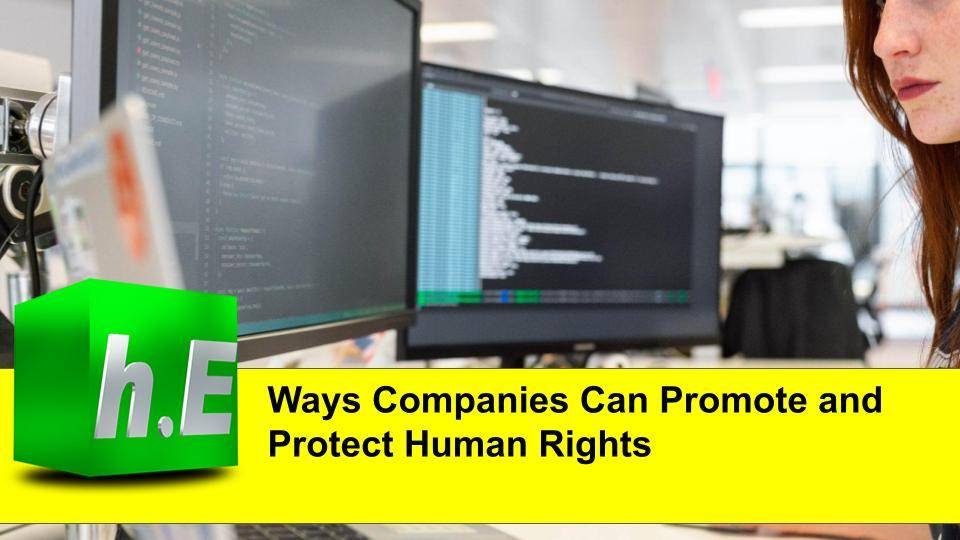Over the past decade, we have seen a remarkable rise in the value placed on human rights in the private sector – from a scenario where the ambitions of the business community and human rights advocates seemed irreconcilable, to one in which stakeholders have begun to approach a shared understanding of the risks, challenges, and opportunities involved.
The UN human rights council’s endorsement of the Guiding Principles on Business and Human Rights in 2011, the result of a long consultative process among companies, activists, governments, and others, still represents the most historic breakthrough in the field of business and human rights.
Companies around the world have embraced the United Nations Guiding Principles on Business and Human Rights (PDF) (the Guiding Principles), which have catalyzed new efforts to ensure respect for human rights across business operations and beyond.
However, in recent decades, there has been a global reversal of these human rights achievements, including governments pulling back from longstanding commitments and the closing of space for civil society to operate safely.
This presents a new climate for business with new challenges in many parts of the world.
Below are a few tips on how to integrate human rights into business operations:
1. Take on institutional development.
Use company resources to provide and enhance human rights education, support the establishment or enforcement of well-ordered social and political institutions, encourage transparency, and safeguard a free press.

This is an area in which partnering with other organizations can be particularly effective.
2. Advancing gender equality
Ensuring that women are afforded equal opportunities and pay in the workplace makes solid business sense. According to estimates by the International Monetary Fund, the underutilization of the female labor force results in losses of up to 27% of GDP in some world regions.
While government policies can be helpful in addressing persistent gender gaps in economic participation and pay, the private sector has already stepped up to combat such structural inequalities.
3. Responding to refugees
Few members of society are more vulnerable today than refugees and migrants, many of whom have been victims of discrimination, exclusion, and racism.
Private sector companies have often been vocal in challenging negative narratives around migrants and have a key role to play in helping the newly arrived men, women and children integrate into economies and societies.
We have always emphasized the importance of having a good website for your company because it can act as your best tool for marketing and sales. A poorly designed website can repulse people from your business and can cause you to lose customers before you even have them. Get in touch with HyperEffects to work on creating, enhancing, and making the website of your company more user-friendly.

